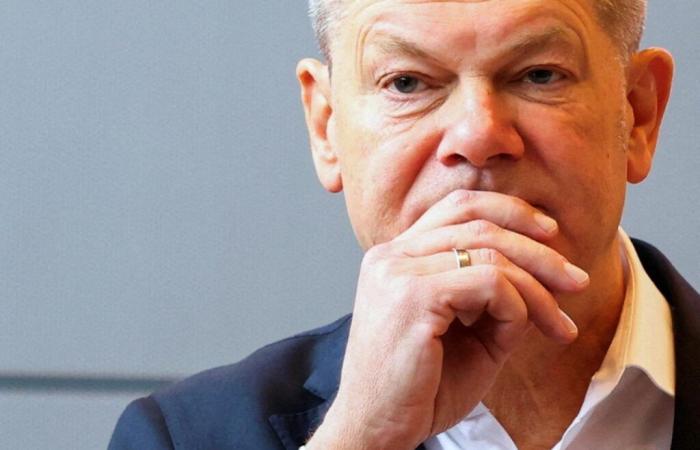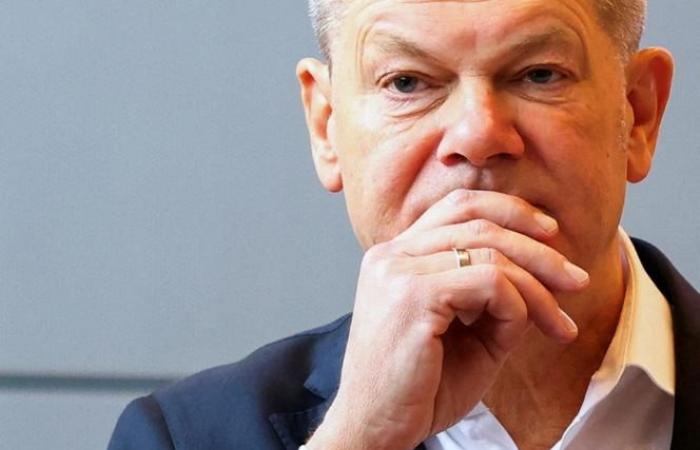Few German chancellors can boast the title of the world’s least-loved public figure. However, on March 28, Olaf Scholz topped the rankings of the most unpopular leaders of major democracies at home, compiled by the Morning Consult Institute and picked up by the New York Times. At the time, 73% of those surveyed disapproved of his policies, placing him well ahead of Joe Biden (54%) and just ahead of Emmanuel Macron (71%).
At the end of a mandate cut short on November 6 by the collapse of the coalition between his Social Democratic Party (SPD, center-left), the Greens (center-left) and the Free Democratic Party (FDP, center-right), the chancellor lost a vote of no confidence in the Bundestag on Monday, December 16. Federal President Frank-Walter Steinmeier has 21 days to dissolve the Bundestag, with new parliamentary elections to be held within 60 days. The election date has been set for February 23, 2025. At this stage, the conservative CDU-CSU candidate, Friedrich Merz, is the favorite to lead the next government, with his party currently credited with almost twice as many votes (31%) as the SPD led by the current chancellor (17%).
You have 86.6% of this article left to read. The rest is for subscribers only.







